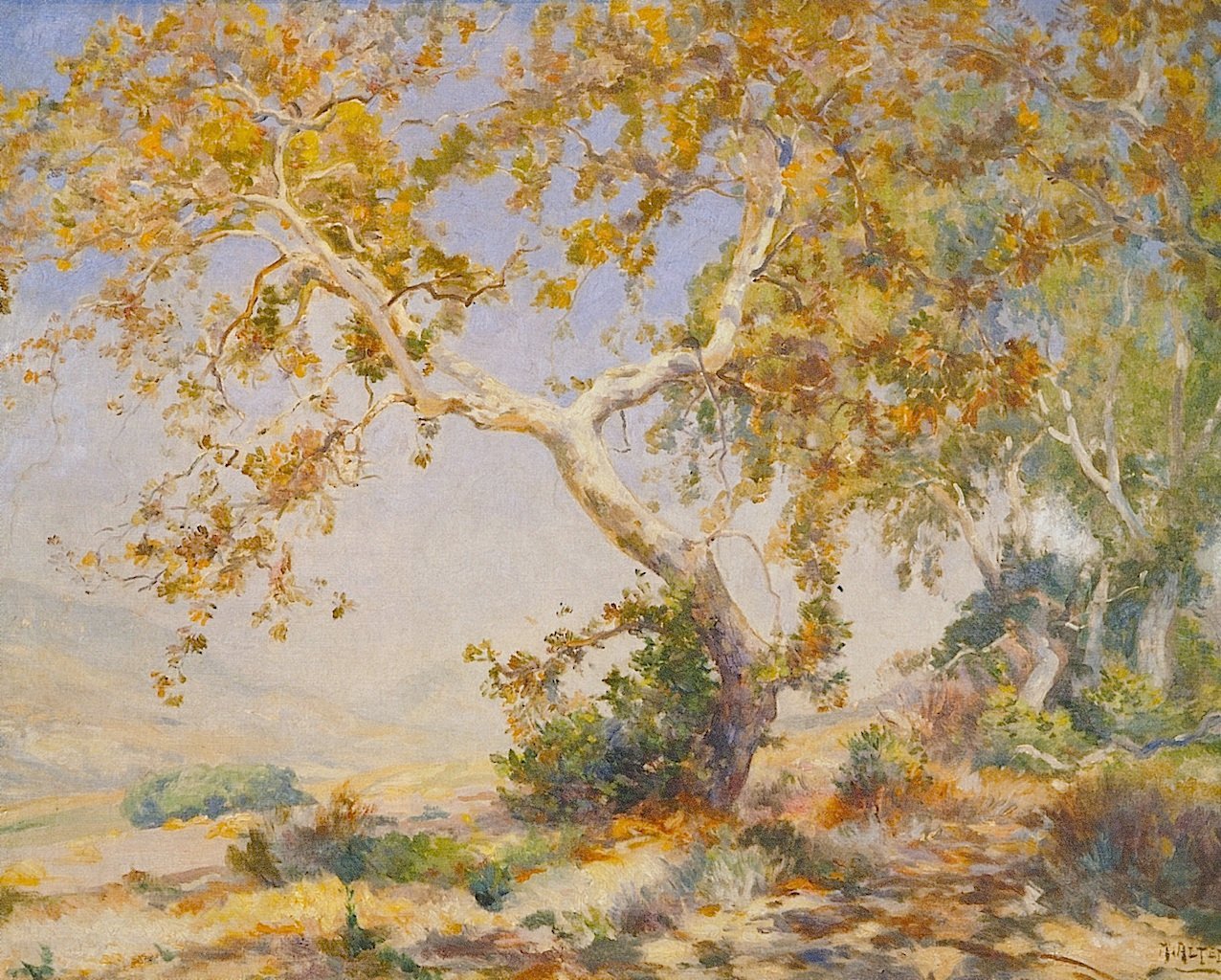
About Portraits
-
![]()
Arts
The arts have always stood as the closest reflection of life and of the self. Henry Ward Beecher wrote, “Every artist dips his brush in his own soul and paints his own nature into his pictures.” Art can stoke both empathy and anger. The art of Portraits will do just this: show the author’s passions. We want to know what you find beautiful, what angers you, and what impassions you. Purdue is full of artistic talent, from dedicated writers, photographers, and artists to engineers, mathematicians, and pharmacists. Above all, we prioritize process over product, because we believe that there is more art in a single person than in every book ever written, every photograph ever taken, every painting put to canvas. We want to give this talent an outlet. We want to see you.
For Portraits, the arts include creative nonfiction, art, photography, and multimodal forms, such as video and animation, as well as fiction and poetry.
-
![]()
Ephemera
Our goal is to provide a snapshot of the Purdue student body between two covers. Ten years from now, one should be able to pick up a volume of Portraits and feel the pulse of Purdue. We intend to produce a monument to the lives of Purdue. There is a wind that is beginning to blow at Purdue, but when can you hear it? When can you feel it? Portraits does not direct the wind, but it bottles it and reveals its direction: the weathervane of Purdue.
-
![]()
Activism
In the flow of academics, jobs, internships, etc., political awareness falls by the wayside. We believe it is essential that a voting-age public has a responsibility to be aware, to take up causes they are passionate about, and even to rage. Portraits will serve to document the feelings of activist-minded students, to start discourse, and to engage the unengaged. Furthermore, Portraits’ main goal is to create a space where students who do care, who do feel passionately about a cause, will feel encouraged to share. On a campus of 50,000 students, it is easy to feel voiceless. We have felt it, and we are tired of it. We live in a political age. It—more than ever before—is impossible to separate art from the political moment. The writer Paul Monette, working in a different but just as applicable time, wrote a statement which succinctly defines Portraits; “Every memoir now is a manifesto.”
-
![]()
Why?
It is the eternal question. Why do we need a journal? This is a “STEM school.” Do we really need to know about politics? What’s the point of art? Portraits does not exist just to answer these questions; it exists because the question are asked. It exists because we live in an age where a voice has never been so powerful. How many millions of people throughout history were never able to express their voice? The medieval peasant who was never educated, who never left the farm he or she worked on, who was never able to think of anything bigger: voices essentially powerless. Our voices have a power and a purpose. They are also a gift. We must not take our voices for granted. They must not sit in silence or howl out into the void. Portraits exists because we must not take what we have for granted.
But what is the power of a voice? The voices of the great artists and activists, leaders and figures come to my mind. Yet their power seems something higher, something distant, enshrined in history. But they are not different. Every single person shares the unique power of a voice, the only aspect of us which is wholly unique. You wield the power that millions would have given it all up for; will you give it away?



